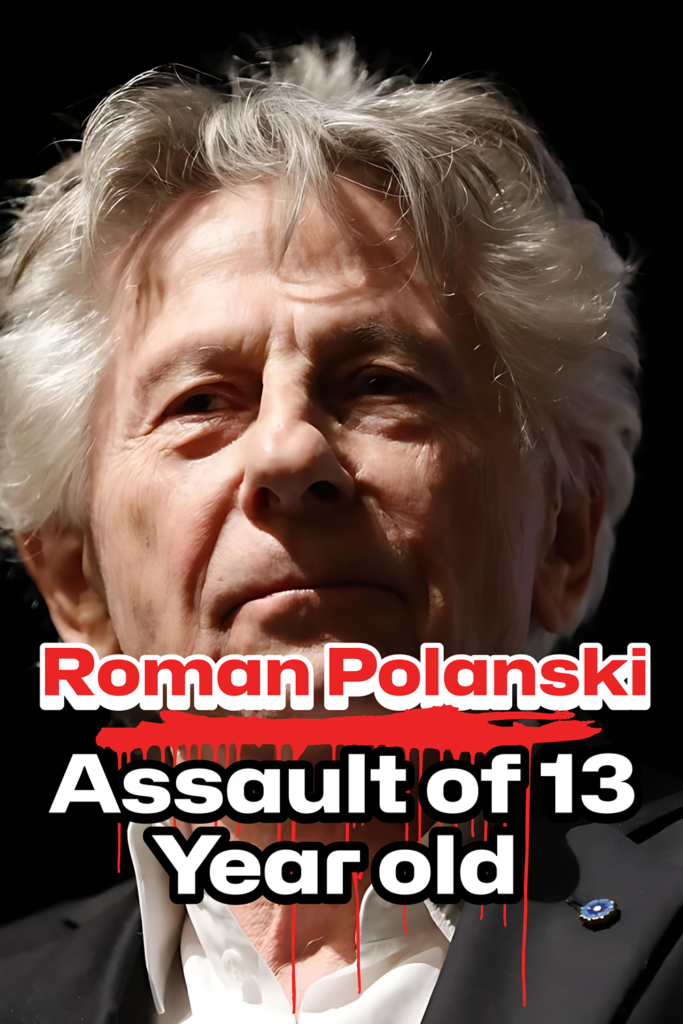A Legacy Marred by Controversy

Roman Polanski, the acclaimed director behind cinematic masterpieces like Rosemary’s Baby and Chinatown, has once again found himself entangled in legal battles. A recent lawsuit, alleging sexual assault of a minor in 1973, has been settled out of court. This latest development reopens the decades-old debate surrounding Polanski: can we, and should we, separate the art from the artist?
Roman Polanski: Holocaust Survivor to Hollywood Fugitive
Polanski’s life reads like a tragic screenplay. Born in Paris in 1933 to Polish-Jewish parents, his childhood was brutally interrupted by the Holocaust. He witnessed unimaginable horrors, losing his mother in Auschwitz while he himself narrowly escaped death. These experiences profoundly shaped his artistic vision, imbuing his films with a sense of dread and psychological complexity.
He rose to prominence in the 1960s with films like Knife in the Water and Repulsion, establishing himself as a master of suspense. However, tragedy struck again in 1969 when his pregnant wife, Sharon Tate, was murdered by the Manson Family. This devastating event cast a long shadow over his life and work.
The Unforgivable Act
Just as his career reached new heights, Polanski committed an unforgivable crime. In 1977, he pleaded guilty to unlawful sexual intercourse with a 13-year-old girl. He fled the United States before sentencing, becoming a fugitive from justice.
This act, undeniably horrific, has colored his legacy ever since. While he continued to make acclaimed films like The Pianist (for which he won an Oscar in 2002), the controversy surrounding his personal life never subsided.
Hollywood’s Complicated Response
Polanski’s case has exposed a deep hypocrisy within Hollywood. For years, many in the industry turned a blind eye to his crime, choosing to celebrate his artistic genius while downplaying his actions. In 2009, over 100 prominent figures, including Woody Allen and Martin Scorsese, signed a petition demanding his release from Swiss custody.
However, the tide began to turn with the rise of the #MeToo movement. In 2018, the Academy of Motion Picture Arts and Sciences expelled Polanski, signaling a shift towards accountability.
The Complexities of Forgiveness and Justice
Samantha Geimer, the victim of Polanski’s assault, has publicly forgiven him. This raises a complex question: does the victim’s forgiveness absolve the perpetrator, particularly in the eyes of the law? While forgiveness can be a powerful step towards healing for the victim, it doesn’t erase the crime or diminish the need for justice.
A Question of Accountability
Polanski’s case forces us to confront uncomfortable truths about how society often prioritizes talent and fame over accountability. Can we truly separate the art from the artist when the artist has committed such a heinous crime? Where do we draw the line?
This ongoing debate has no easy answers. It demands that we engage in nuanced conversations about the nature of art, the complexities of forgiveness, and the importance of justice. As we grapple with these questions, one thing remains clear: Roman Polanski’s legacy will forever be intertwined with both his cinematic brilliance and his deeply troubling actions.
Keywords: Roman Polanski, sexual assault, Hollywood, #MeToo, art vs artist, ethics, film director, controversy, The Pianist, Rosemary’s Baby, fugitive, justice, forgiveness
If you found this article interesting, don’t forget to watch our full video on Roman Polanski’s story here.



